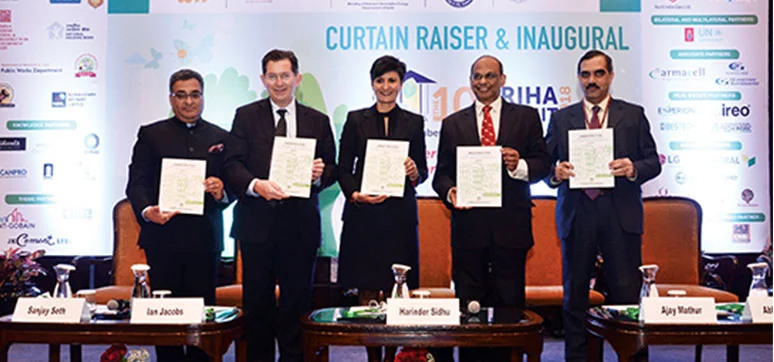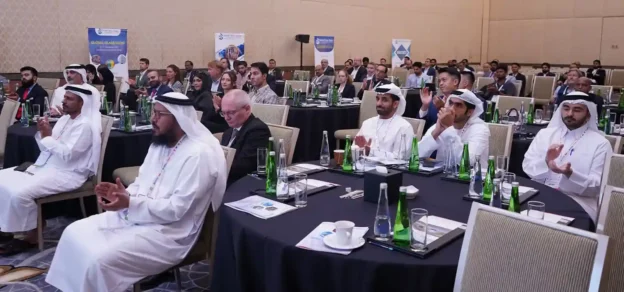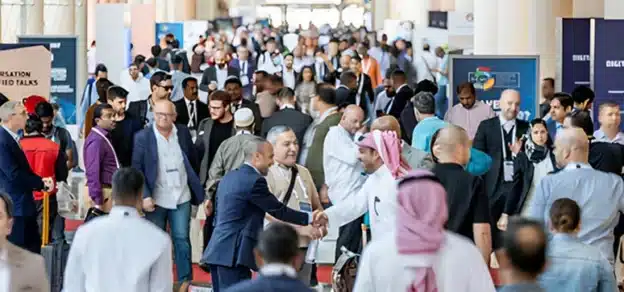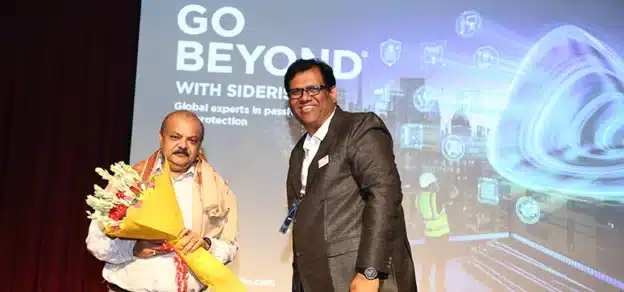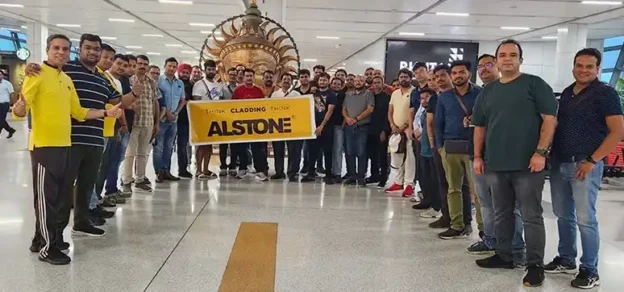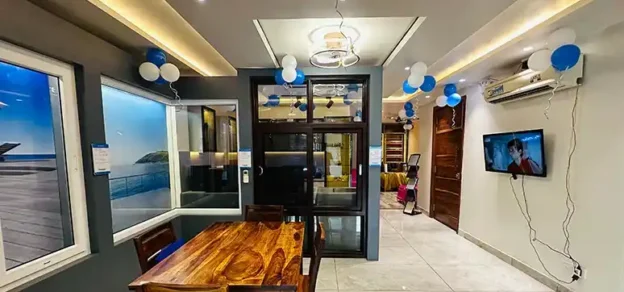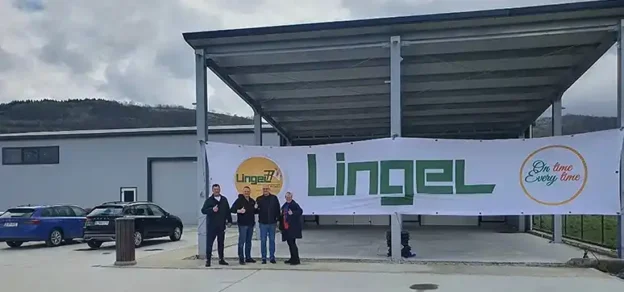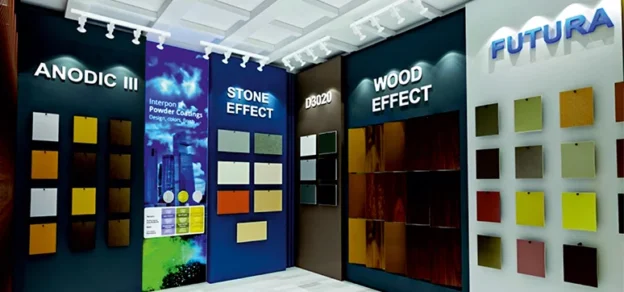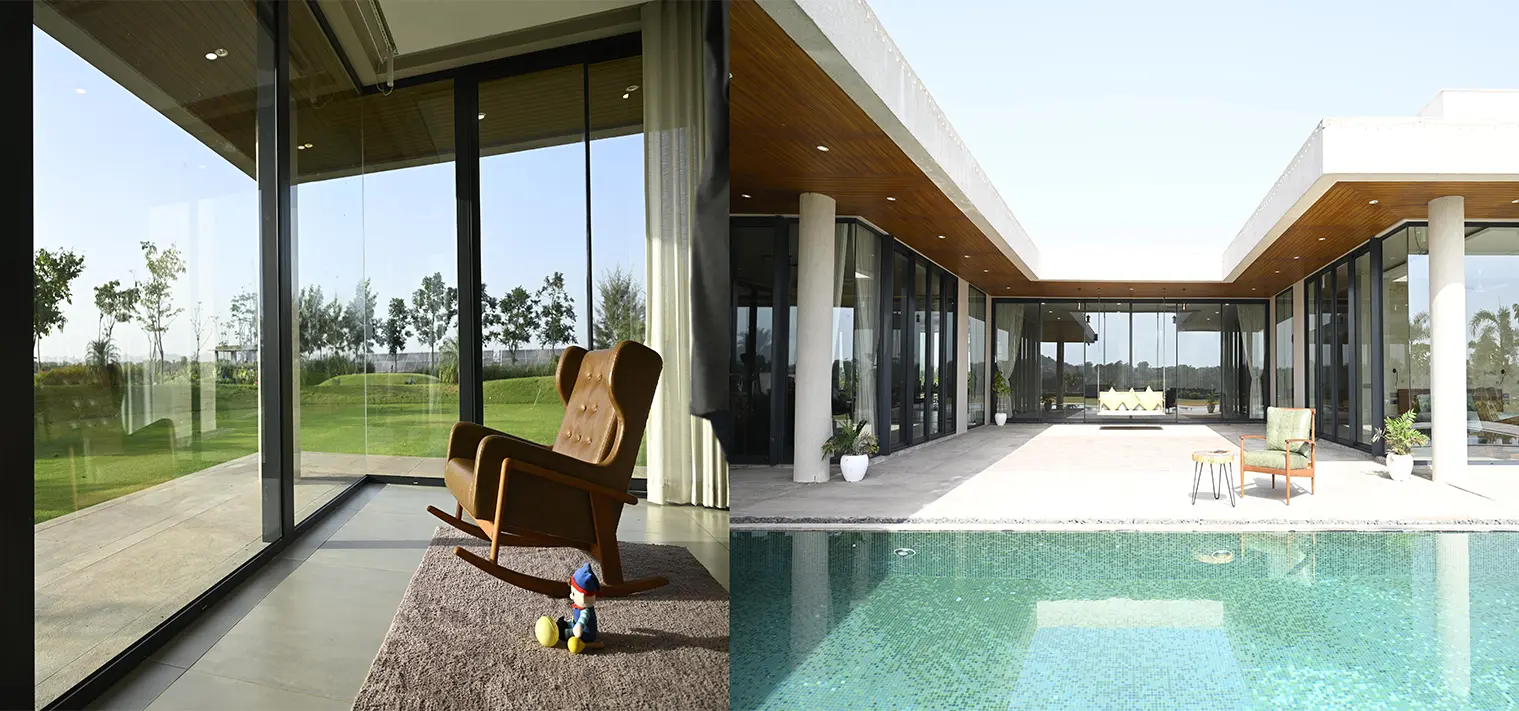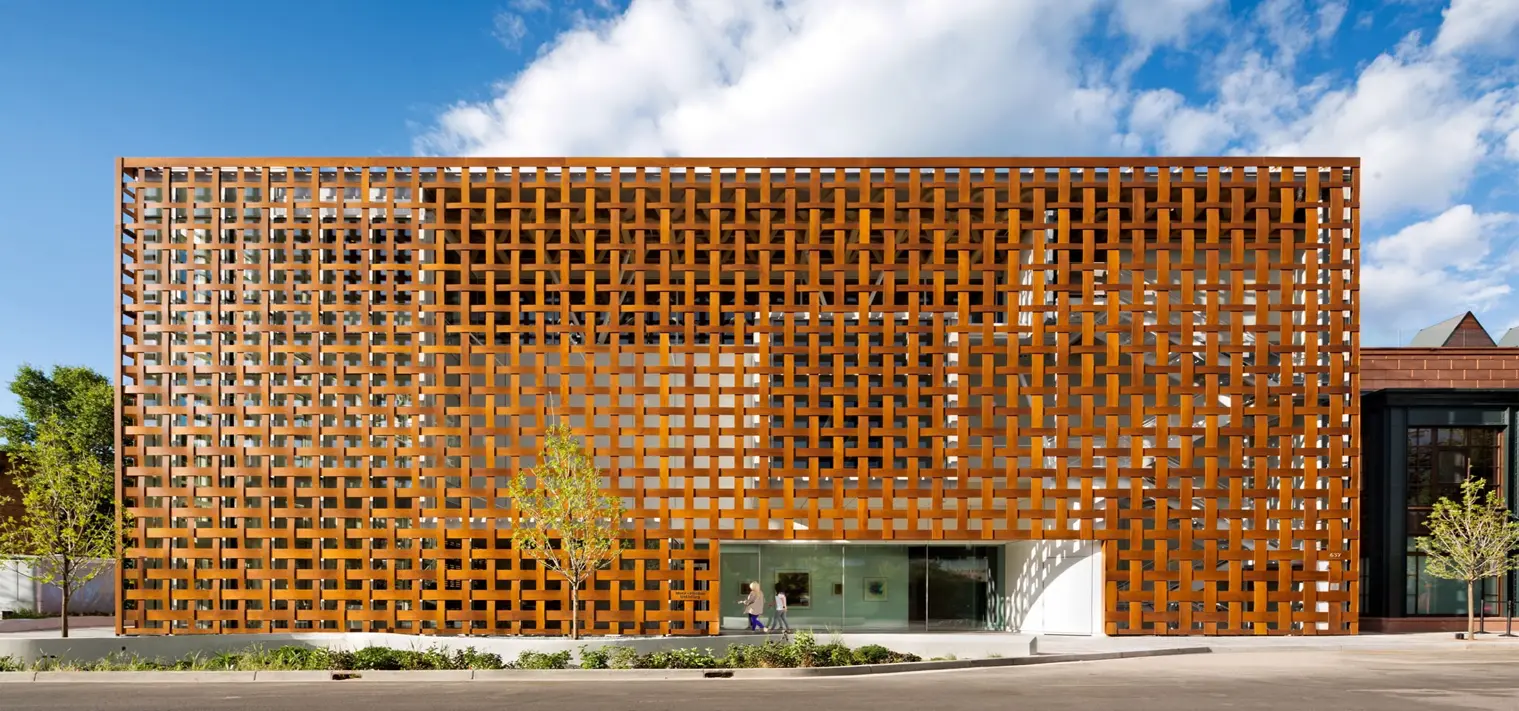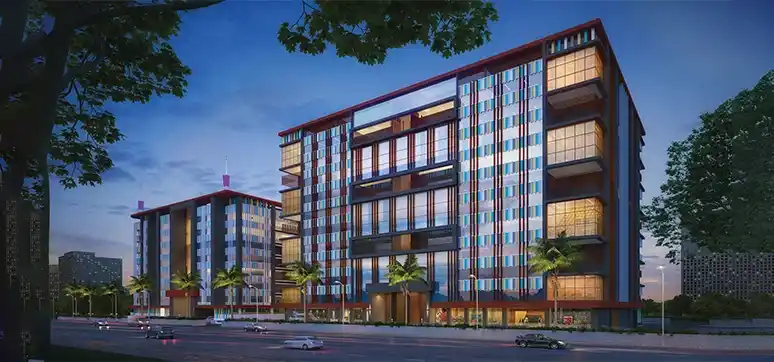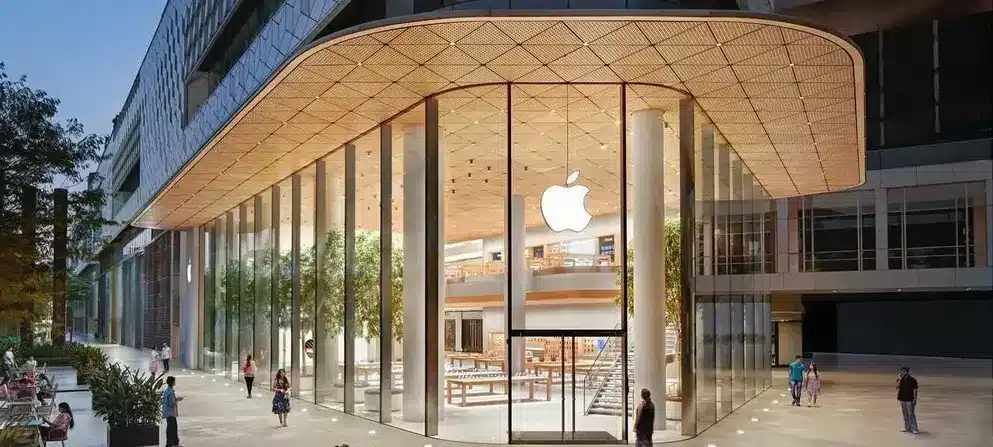Green Rating for Integrated Habitat Assessment (GRIHA) Council successfully organised the 10th GRIHA Summit and launched GRIHA for CITIES rating. The event took place in the gracious presence of Harinder Sidhu (Australian High Commissioner to India), Prof. Ian Jacobs (President and Vice‑Chancellor, University of New South Wales (UNSW), Sydney, Australia), and many other dignitaries.
The GRIHA for CITIES rating has been structured as a framework for sustainable development of a city, to be achieved by measuring ‘greenness’ of existing as well as proposed cities. The rating sets performance benchmarks for key resources such as energy, water and waste, and evaluates performance in areas such as smart governance, social wellbeing and transportation. GRIHA also launched their revamped website which aims to serve as a knowledge-repository for its customers.
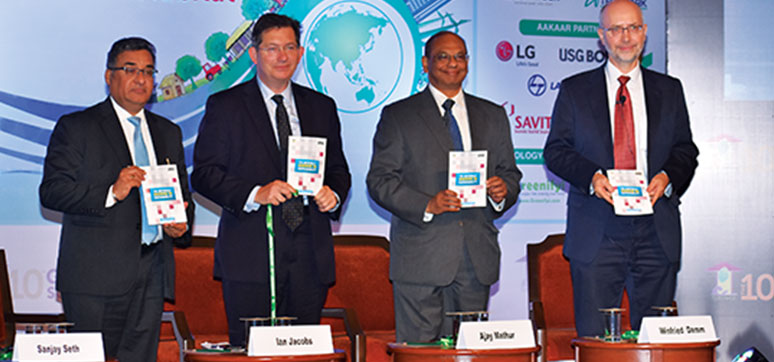
GRIHA has also signed two Memorandum of Understanding (MoUs) – one with the Global Association for Corporate Services (GACS) on training and awareness of green buildings and the second with the Public Works Department (PWD), Govt. of Maharashtra, on green rating for 1608 existing buildings in Maharashtra.
During his welcome speech, Dr. Ajay Mathur, DG, The Energy Research Institute (TERI) said, “India and Australia are the two countries which share the same climate. But Australia is the only country with the similar climate that has an active energy-efficiency program. This, therefore, provides a huge potential for collaborative learning as India moves to a future where we see a lot more planned habitats and air-conditioned buildings”.
Harinder Sidhu, Australian High Commissioner to India, said, “Making cities sustainable is imperative, and government and community collaboration is essential to make that happen. Government has an important role, but it needs the combined effort of the private sector and the academia. Research institutions, such as University of New South Wales (UNSW), and GRIHA Council, help in connecting and incentivising government to make the enormous contribution to this goal of sustainable urban future”.
Prof. Ian Jacobs, President and Vice‑Chancellor, UNSW, said, “India’s commitment to green buildings and renewable energy is to be applauded. UNSW shares the view that the government and research institutions are natural partners. So, the 2018 GRIHA Summit theme, ‘Fostering partnerships for sustainable habitat’, aligned in seeking out partnerships to maximise our impact on the communities we serve”.
Speaking on the occasion, Sanjay Seth, CEO, GRIHA Council, said, “The 10th GRIHA Summit shall serve as a dynamic platform for industry partners, design practitioners, academia, policy makers, multilateral & bi-lateral partners and other stakeholders to collaborate, deliberate on and share collective knowledge on innovative and indigenous solutions to promote sustainability through meaningful partnerships”.
The event was an enriching experience with a number of insightful presentations, lectures and panel discussions that saw participation from many eminent experts.
